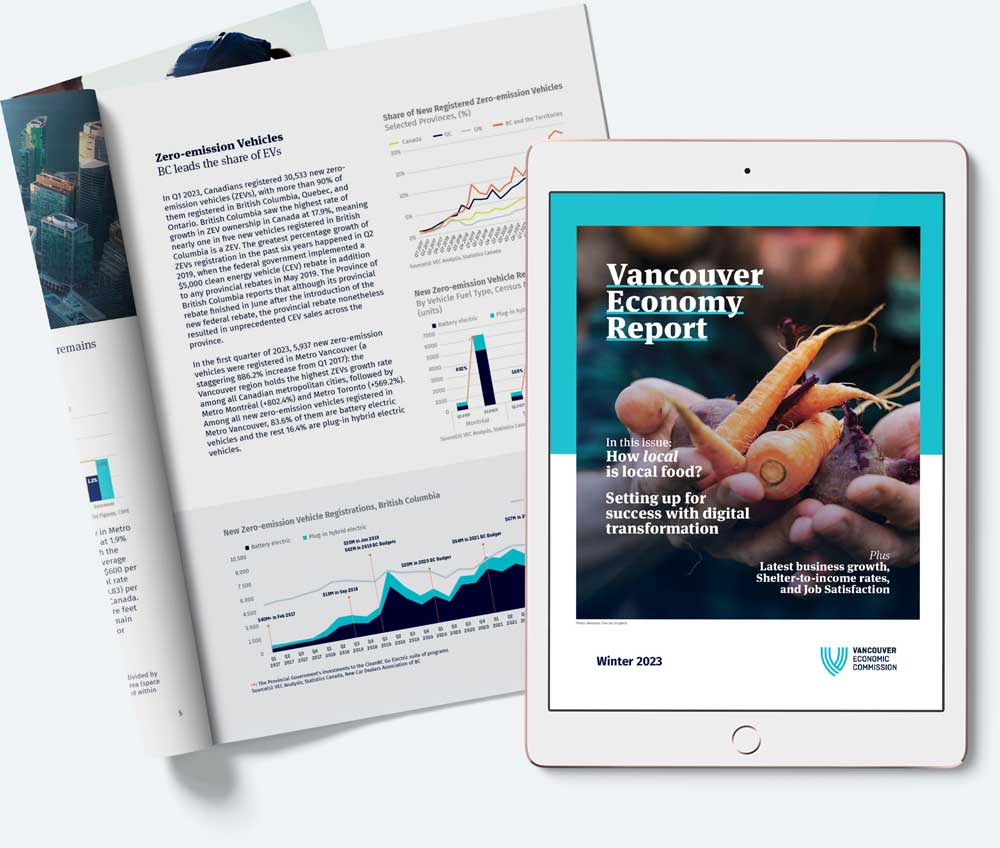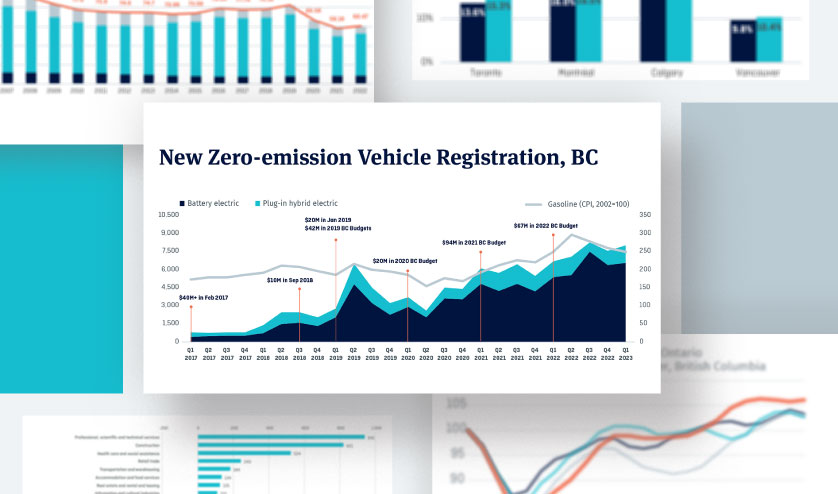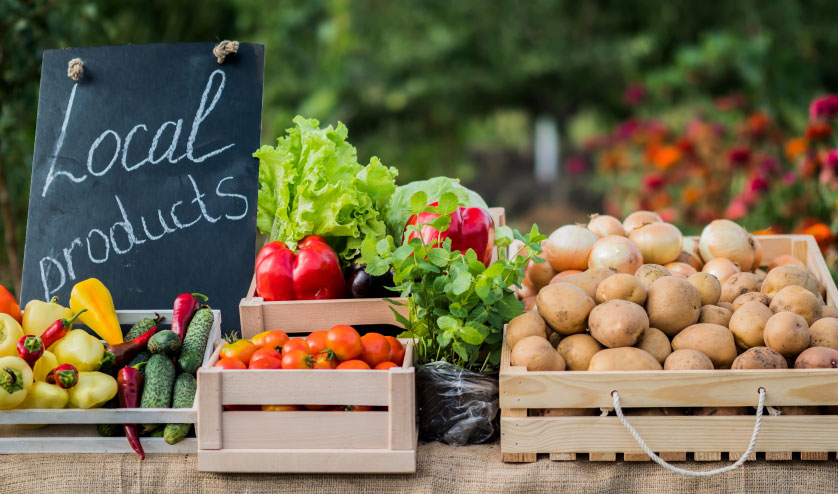.hero-title {display:none;}
.hero {margin: 0px; padding: 0px; display: none;}
.report-preview {margin-top: -2em;}
.landing-page-container {background: #eff3f5; padding: 1em;}
.two-column-row {
align-items: center;
justify-content: center;
margin-top: 3em;
}
.two-column-row-left {
float: left;
width: 54%;
padding: 2em;
margin-top: -3em;
}
.two-column-row-right {
float: left;
width:46%;
padding-right: 2em;
padding-top: 2em;
}
.two-column-row:after {
content: “”;
display: table;
clear: both;
}
.three-column-row {
justify-content: center;
margin-top: 2em;
display: flex;
padding-left: 1em;
padding-right: 1em;
}
.three-column-row-left {
float: left;
width: 24%;
text-align: left;
margin: 1%;
flex: 1;
display: flex;
flex-direction: column;
}
.three-column-row-right {
float: left;
width: 24%;
text-align: left;
margin: 1%;
flex: 1;
display: flex;
flex-direction: column;
}
.three-column-row:after {
content: “”;
display: table;
clear: both;
}
.three-column-image {background: #ffffff;}
.three-column-description {padding: 2em; background: #ffffff; flex: 1;}
.economy-report-title {font-size: 32px;}
.opt-in-terms {font-size: 12px; line-height: 140%;}
@media screen and (max-width: 1300px) {
.landing-page-title {padding-left: 15em; padding-right: 15em;}
}
@media screen and (max-width: 1200px) {
.landing-page-title {padding-left: 10em; padding-right: 10em;}
.report-preview {margin-top: 0em;}
}
@media screen and (max-width: 1100px) {
.three-column-row {display: block;}
}
@media screen and (max-width: 970px) {
.two-column-row {margin-top: 1em;}
.two-column-row-left {width: 100%;}
.two-column-row-right {width: 100%; padding-right: 0em;}
.three-column-row-left {width: 100%; margin-bottom: 2em; display: block;}
.three-column-row-middle {width: 100%; margin-bottom: 2em; display: block;}
.three-column-row-right {width: 100%; margin-bottom: 2em; display: block;}
.economy-report-title {font-size: 28px;}
}
Winter 2023/2024
Vancouver Economy Report
A quarterly update on Vancouver’s economy
The Vancouver Economic Commission will cease operations by mid-2024, and this, the 10th edition of the Vancouver Economy Report, will be our last.
However, our long history of collaboration means that our mission – to build an inclusive, prosperous, and resilient economy for all in Vancouver – will be continued by many of the forward-thinking businesses, collectives, policymakers, scholars, and residents with whom we were so fortunate to collaborate.
In our final issue, we explore food systems and food champions, note the challenges around digital transformation, and showcase more holistic economic metrics. The questions we ask include:
- How local is local food?
- Is mining leading the way in adopting advanced tech?
- Are British Columbians living longer?
- …and more

What you’ll find…

Economic Snapshot
Searching for the latest employment trends in Metro Vancouver? Each edition of our Vancouver Economy Report includes an economic dashboard that offers valuable information on job growth and declines, the number of active and new businesses, venture capital investments, and vacancy rates in the commercial and industrial real estate sector.

Holistic Economic Metrics
While jobs and GDP are essential metrics, we know there’s more to the economy. Our research team handpicks some alternate indicators of economic prosperity to showcase each issue. This summer, we’ve provided quick overviews on shelter-cost-to-income ratio, solid waste recycling, and job satisfaction.

Industry Feature: Local Food
What is local food, and who are its champions? Our local food economy is both micro and macro, Indigenous and settler; it is all that we are, as we infamously are what we eat. Dive into insights on the factors that comprise Vancouver’s vibrant food culture.

Economics Explained: Digital Transformation
What is digital transformation, and why is it imperative that business consider digitally transforming? Our team shares some insights into the business case behind digital transformation, along with how to take action and build yourself up for success in your digital transformation journey.